
By Patricia Levesque
Nearly 300,000 Florida students – or one in ten – attended a public charter school in 2018. While more families being able to choose the school that works for them is in itself a triumph for democracy, there’s even more good news for students: Florida’s public charter students are outperforming their peers in traditional public schools in academic achievement and learning gains.
According to a Florida Department of Education report released this week, charter school students have higher academic achievement, greater learning gains and the achievement gap between student groups is much smaller.
A Deeper Dive into the Data
The report’s findings come from statewide assessments given to students in third through 12th grade in English language arts, math, science and social studies.
The data reveal:
What Lawmakers Can Do Next?
Make no mistake, charter schools are not the only path to a quality education and Florida has an abundance of excellent traditional public schools that are meeting students’ academic needs (just look at our 2017 National Assessment of Educational Progress results).
The point is that expanding educational options gives parents the ability choose the school that not only provides a quality education, but is also the best education fit for their children.
So, what can state lawmakers do to replicate this success and build upon Florida’s progress in improving equity and raising academic achievement? Allowing more families to opt for the public school of their choice would seem like an obvious solution.
But, not all families that want to choose a public charter school can find an open seat.
According to data reported by Florida’s more than 650 public charter schools, there are more than 100,000 student names on school waitlists across the state.
Demand is exceeding supply. And to keep up with that demand for an alternative quality option, lawmakers could make some changes that further expand public school choice for Florida families.
Additional Authorizers – Currently in Florida, only the local school board can authorize a new charter school to open in the school district. Sadly, school boards have become increasingly hostile to charter school applicants even in the face of high parent demand and impressive academic achievement.
Nineteen states in the nation allow multiple entities to authorize charter schools, like colleges, universities and the State Board of Education. House Bill 1197, sponsored by Representative Jason Fischer, and Senate Bill 1668, sponsored by Senator Travis Hutson, would allow state universities and colleges to approve high quality charter schools if they meet the state’s rigorous requirements.
High-Impact Charter Schools – Leaders can also make sure the nation’s best charter schools establish schools in Florida. Two years ago, the Florida Legislature authorized high-impact charter management organizations (Schools of Hope) to serve students in persistently low-performing schools. There are now four Hope Operators in Florida, yet only the Florida House has included funding in their 2019-20 proposed budget to ensure these operators are able to serve Florida’s most at risk schools. (Currently, public schools can also apply for “Schools of Hope” funding to provide wrap-around and other services to help students.)
Charter School Construction Funding – The Legislature funds the costs of building repair and maintenance for both traditional public and charter schools. Last year, lawmakers included charter school construction and building maintenance funding in their budget so that school districts could use local funds for capital improvements in district-managed public schools. However, only the House Budget has included sufficient funding for charter school construction this year ($158M in the House, compared to $15M in the Senate).
Supporting Educational Options – Giving families the ability to choose the right learning environment gives educators the ability to create schools that meet unique needs. Students across the state of Florida are attending schools that focus on STEM or the arts, Montessori schools, classical education schools, large schools and small schools, and many other models of schooling that motivate children and inspire educators.
As state leaders look for ways to further build on Florida’s well-regarded educational progress, they should consider focusing on building an education system, where educators and families can focus on the needs of students, regardless of zip code or income level.
